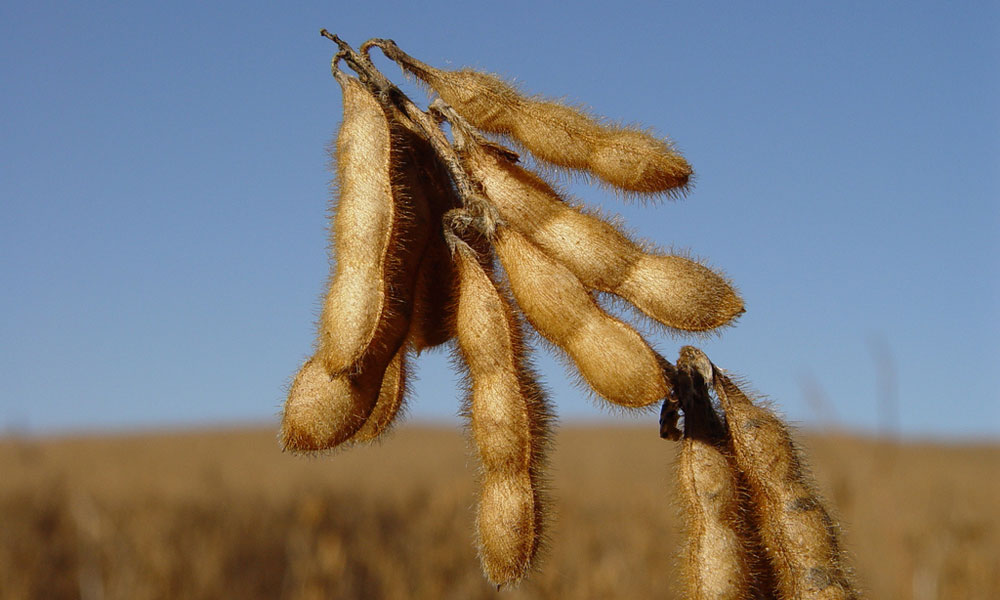
How Seed Associations Are Cultivating Collaboration
With patents soon expiring on genetically modified seed products, industry groups joined forces to create a framework for handling the technology post-patents.
Could you learn something from the seed industry about collaboration?
Patent expirations are looming in the genetically modified seed industry, and companies have been grappling with how to handle the technology after products lose their patent protection. Although the issue is contentious, a number of trade groups forged an agreement this week that begins to address how companies will share information and maintain international regulatory frameworks after patents have expired. Here’s how they did it:
This agreement is an important first step, but the industry must continue moving forward on the second half of the accord.
The seedlings: For nearly two decades, Monsanto’s “Roundup Ready” herbicide-resistant seed trait has become one of the cornerstones of modern farming. Herbicide-resistant seeds have become an important part of the company’s bottom line, and it has licensed the technology to numerous other companies.
The growth: Because Monsanto’s seed trait is nearing the two-decade mark, the company’s patent will expire in 2014 — leading to questions about how to maintain international regulatory approvals to sell the product abroad. The company says it plans to handle those approvals through 2021, but no framework had been set to ensure regulation beyond that date — for either Monsanto’s seeds or any others in a similar situation. There was concern that, without such regulation, international trade could be disrupted and seed choice for farmers would be limited.
The harvest: On Wednesday, several seed industry groups, including the American Seed Trade Association and the Biotechnology Industry Organization, announced that they had reached an accord to manage the technologies as their patents expire. It’s an effort to create a set of rules for companies to follow — including a requirement that companies provide notice three years in advance that a patent is expiring, and that it give other companies access to the seed’s genetic traits upon expiration.
Will it work? Though companies will need to sign on to the accord, it could allow for innovative “stacking” of genetic traits from companies taking part in the agreement. That would allow companies to combine seed features. However, work still needs to be done.
“This agreement is an important first step, but the industry must continue moving forward on the second half of the accord, which will ensure seed companies are able to stack with generic traits to create innovative products for farmers,” Paul Schickler, who leads DuPont’s Pioneer subsidiary, told Reuters. Others said the agreement should provide access to genetic traits two to four years before a patent expires, so companies have time to develop products ahead of their introduction to the market.
When an important business issue arises, finding ways to work together to reach common goals is important. How could you see your own association working with industry groups to make something like this happen?






Comments